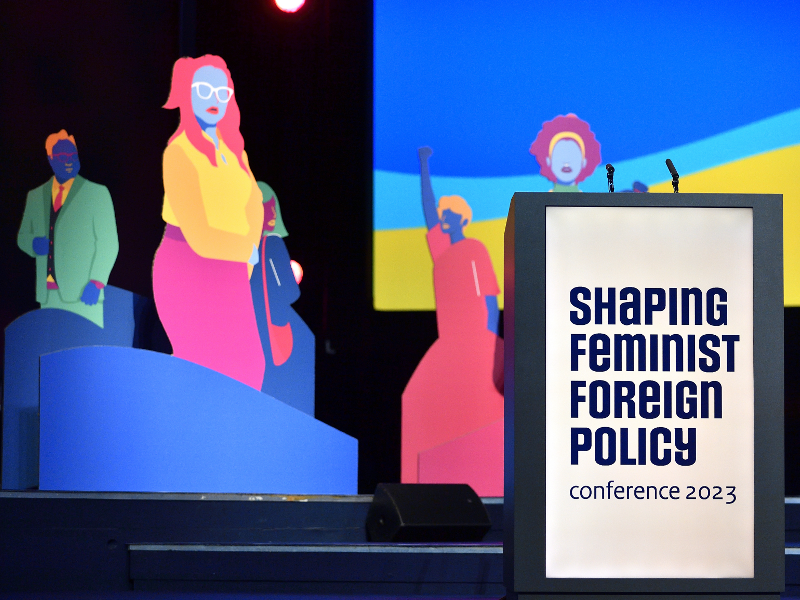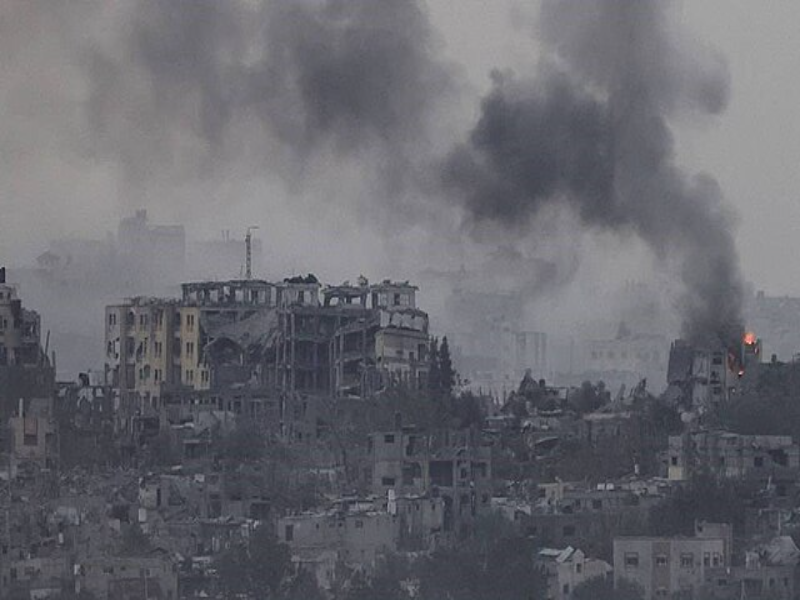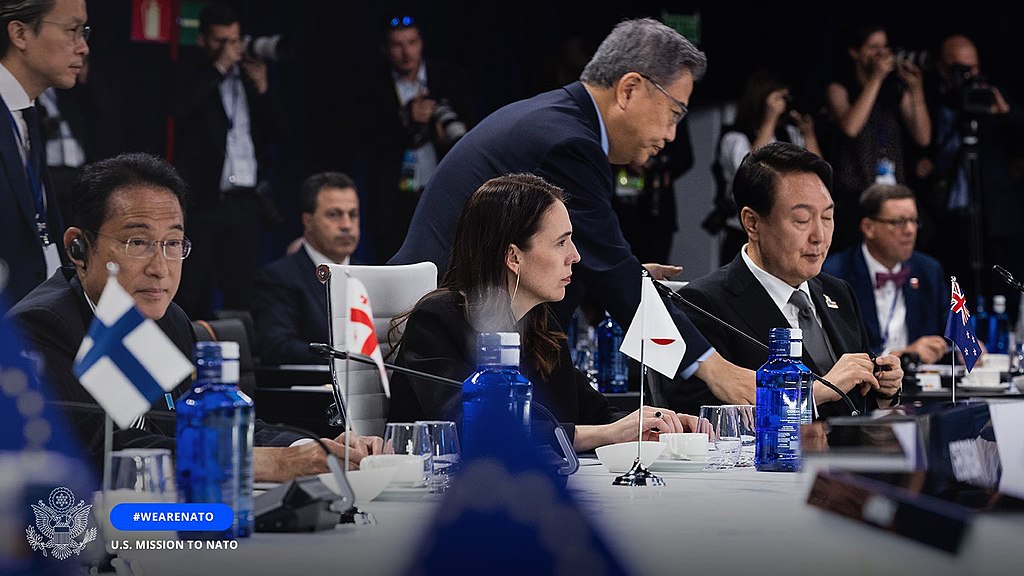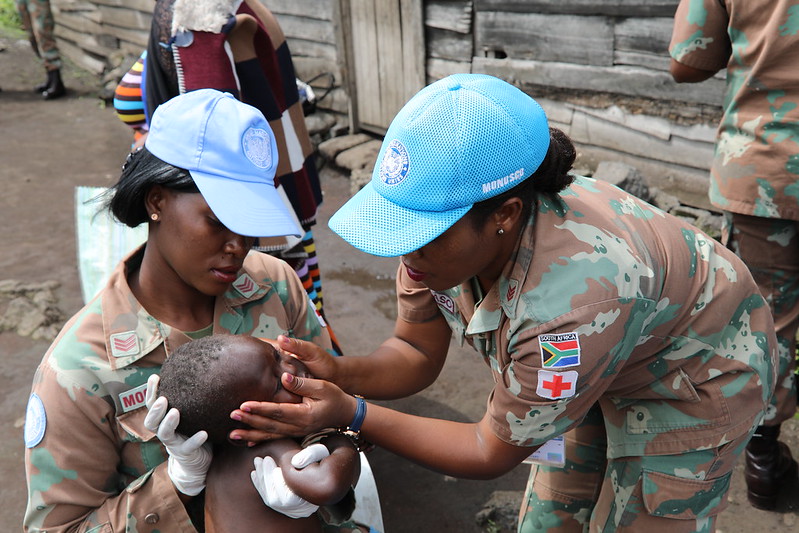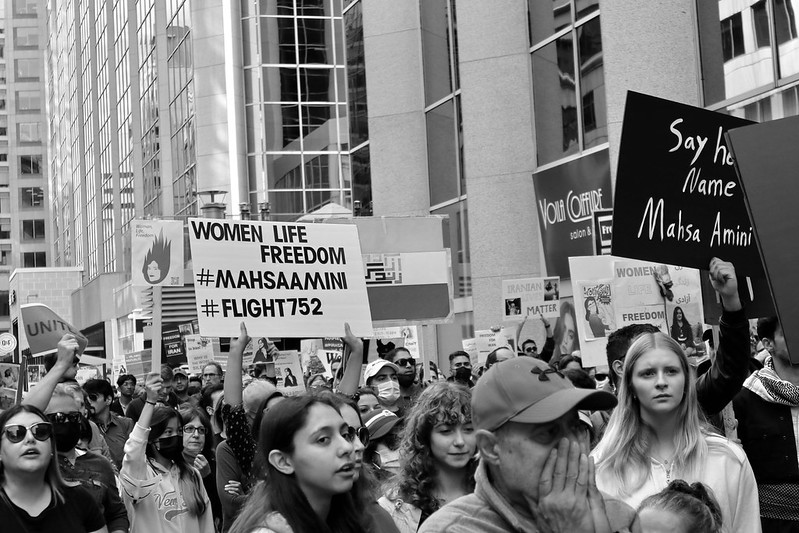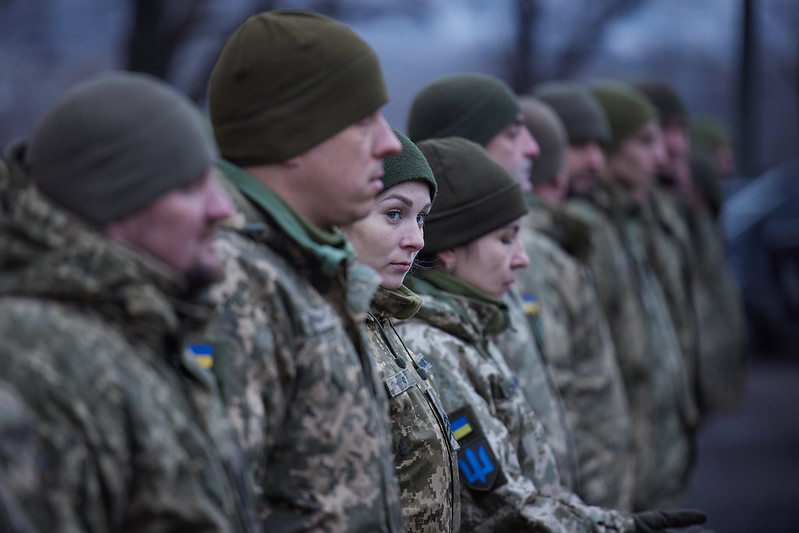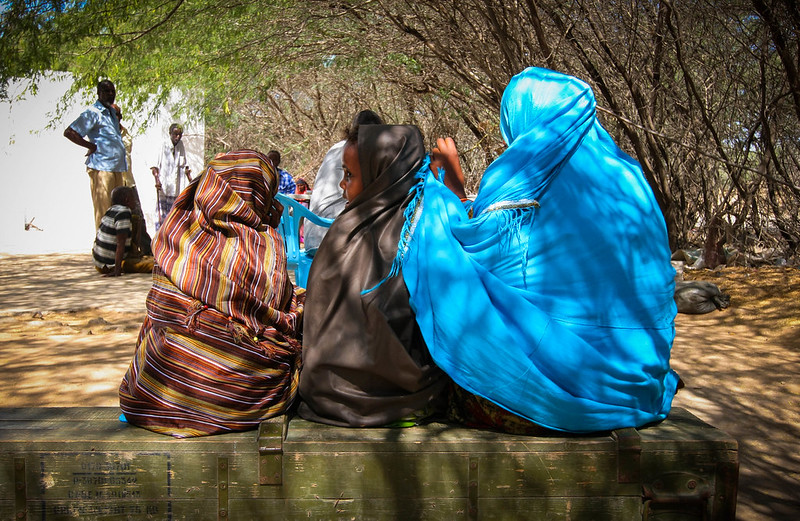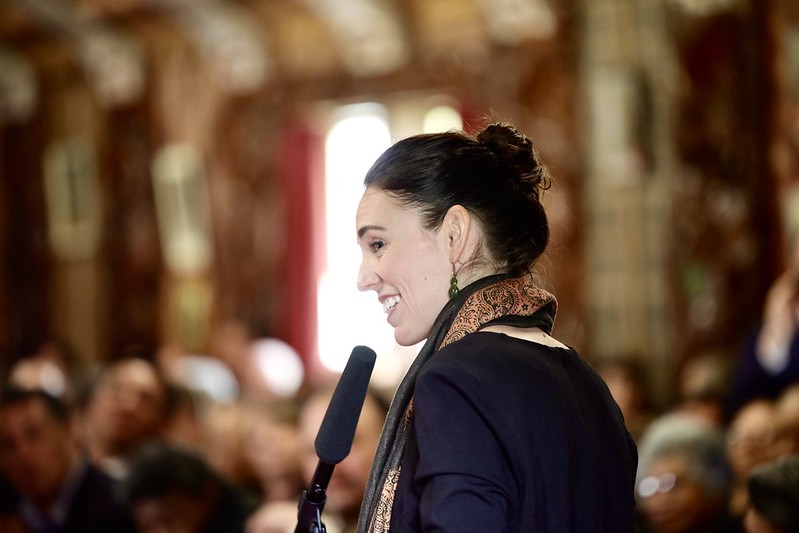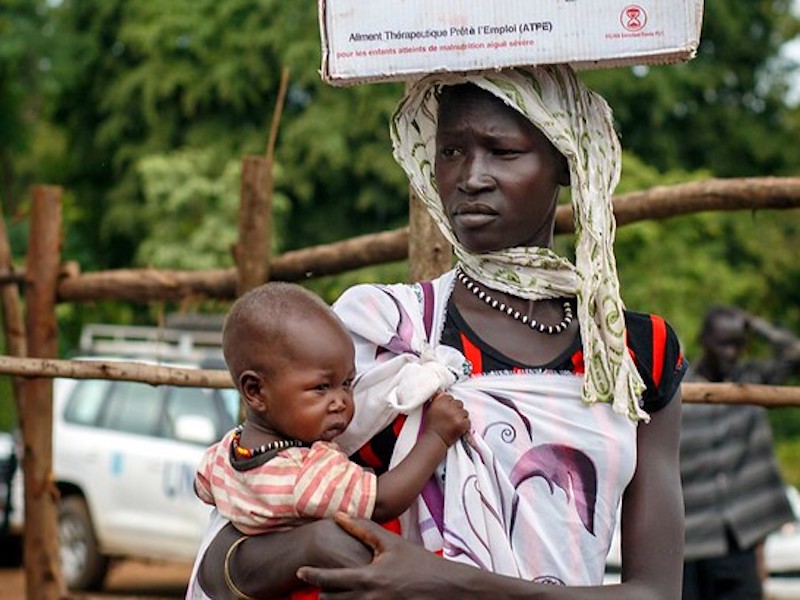VUCA. An acronym commonly used by organizational leaders within the business environment has now become all too relevant in the context of international affairs. V. Volatile. U. Uncertain. C. Complex. A. Ambiguous. This is the state that humanity currently finds itself in. Ranging from realities such as increasing levels of political polarization to the rise Read More…
Women in Security
Women in Security covers a wide-range of issues as it explores the link between women, security, and development. As a forum to stimulate discussion and instructive debates, the NATO Association of Canada will examine the ways in which women both contribute to and are the focus of Canadian and NATO defence and security initiatives. This program also offers a critical look at the structures and institutions that shape the role of women in security at home and abroad.
The Current Israel-Palestine Conflict Requires Moral Clarity
It has been four months since the Israel-Hamas conflict started, and until today, more than 28 000 thousand Palestinians have been killed; tomorrow, there could be more. This article aims to discuss the consequences of the war and how the international community is responding to the high tensions in the region. Since the events of Read More…
The Societal and Political Treatment of Women in Politics
If you were to ask any gender equality organization, coalition, collective or feminist action group, most would agree that there needs to be more female leaders. Further, there is a dire need to have more women in leadership as heads of state, Presidents, and in high-level political positions – in 2018, roughly only 23.8% of Read More…
The Power of Women in Peacekeeping and its Promise for Security
It’s no secret that much of the scope of international relations, especially the security sector, is a world dominated by men. In high-level political forums, military zones, negotiation processes – women are still largely outnumbered by men in these spaces. However, the power of women in peacekeeping and peace operations cannot go understated. Women who Read More…
Criminalizing Gender Apartheid: the Solution to the Oppression of Women?
In this article, Maya Gandhi examines racial apartheid in South Africa and highlights the campaign End Gender Apartheid, which advocates for an expansion of the definition of apartheid to include gender-based discrimination.
Russia’s Invasion of Ukraine and its Effect on Women
In this article, Maya Gandhi examines the impact of Russia’s invasion of Ukraine on Ukrainian women, from their military involvement to a regional rise in gender-based violence.
The Women of Al-Shabaab
A recent news story by the United Nations stated that Al-Shabaab, an insurgent group seeking to establish an Islamic state in Somalia, contributed to a 60% increase in civilian deaths between 2021 and 2022. Due to their violent methods of control, the group exerts a large amount of influence on the Somalian public. Specifically, they Read More…
International Women’s Day: The Past and the Present
In this article, Maya Gandhi traces the history of International Women’s Day, from its roots in the Women’s Suffrage movement to the nature of the activism it inspires today.
From Benazir Bhutto to Jacinda Ardern: Perceptions of Female Prime Ministers
On January 19, 2023, Jacinda Ardern, the 40th prime minister of New Zealand, announced her resignation. As prime minister, she led New Zealand through incredibly difficult times as they faced the Christchurch terrorist attacks, the White Island volcanic eruption, and the Covid-19 pandemic. She was also only the second elected world leader to give birth Read More…
Sexual Abuse in South Sudan: Accountability and Non-Recurrence
When the individuals that claim to provide comfort and support resort to exploitation and abuse, where do those searching for refuge go? Malakal Protection of Civilians (PoC) cite, established in December 2013 in South Sudan, is home to approximately 37,000 people seeking help from the dangerous political atmosphere surrounding them; however, the reality of certain Read More…

